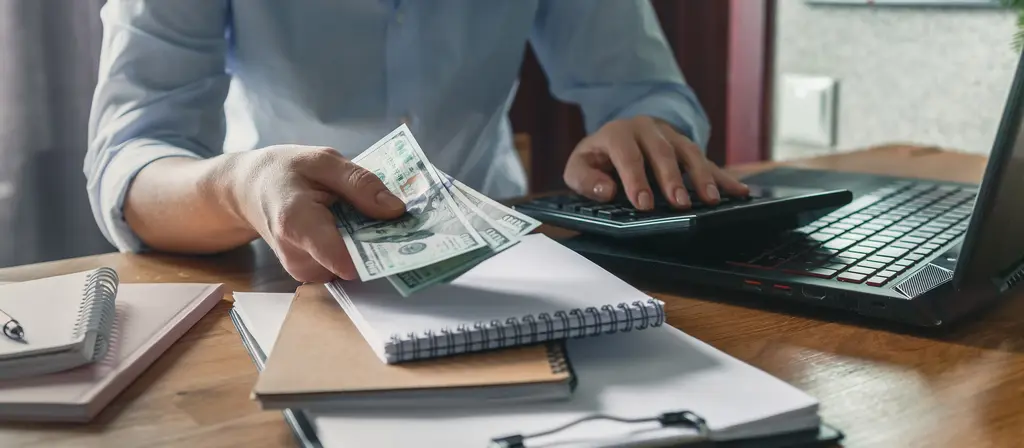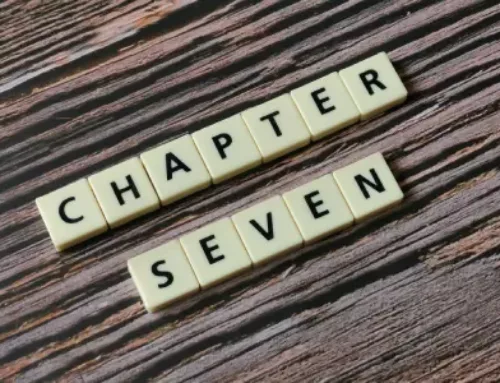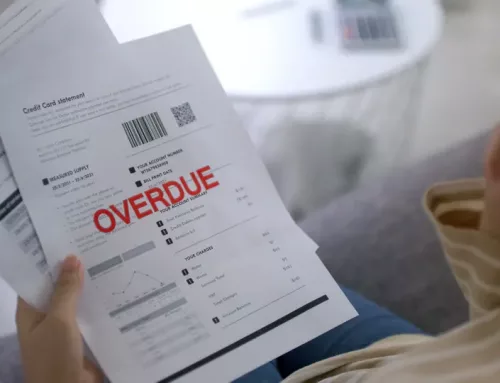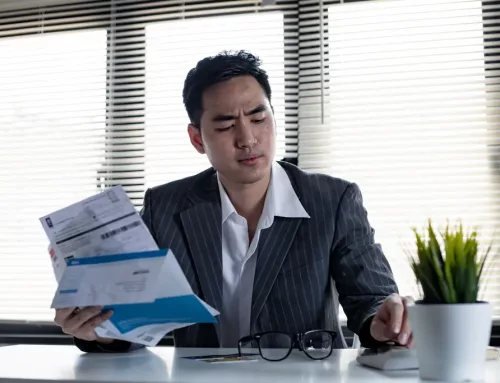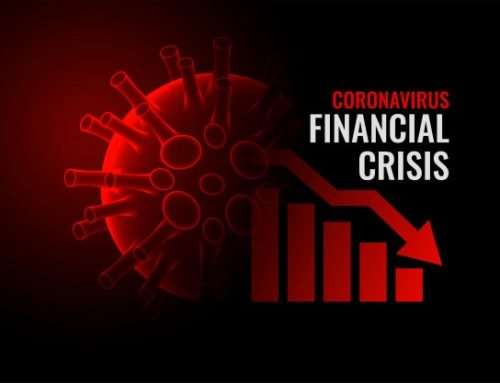What a lot of people worry about the bankruptcy process is the fact that recovery can take time. The credit score of bankrupt filers, in particular, will significantly dip. Despite the concern for eventually rebuilding credit, however, people with financial problems are considering bankruptcy for various reasons. For one, filing for bankruptcy comes with an automatic stay. This bankruptcy protection essentially prohibits any collection activities by creditors and debt collectors, which is what they need to address at present. Learning how to improve credit score can come later, once they get the financial freedom to move ahead with a clean slate.
If you are planning to file for bankruptcy (specifically for credit card bills and medical bills), consult with a reliable Phoenix bankruptcy lawyer to learn more about Chapter 7 bankruptcies.
Bankruptcy Filing under Chapter 7
Chapter 7 (liquidation bankruptcy) is one of the simplest bankruptcy forms. Most bankruptcy cases under this chapter do not encounter major legal issues. However, for you to be qualified for this bankruptcy petition, you must first pass the bankruptcy means test. Your monthly income must be below the state median income. If disposable income must be determined, you must likewise provide supporting documents showing your living expenses and monthly payments that you regularly make. If you are qualified to file under this chapter, your bankruptcy trustee would then liquidate your non-exempt assets and use the proceeds as repayment to your debt collectors.
The requirements, qualifications, and the entire bankruptcy procedure can be confusing and overwhelming. As such, it is best to get the legal services of a trusted Phoenix bankruptcy attorney who can explain to you how to file correctly. Filing for bankruptcy is not easy, but it is something that can give you a fresh start in life.
Credit History and Credit Scores
Improving your credit score is vital if you have plans of borrowing from a lender or proceeding with a credit card application. A higher score in your credit profile, for example, will enable you to get credit cards or loans with lower interest rates. In general, credit scores are determined using an algorithm applied by lenders or financial companies to data in credit reports. The FICO score is one of the most common credit scoring models that look into an individual’s revolving credit, payment history, applications for new credit, and other factors that affect credit rating.
A bankruptcy petition will stay on your credit report for several years. A Chapter 7 bankruptcy declaration, in particular, will be there for ten years. However, while building your credit after bankruptcy can be quite challenging, it is not impossible. If you regularly check your credit report and take into account your credit utilization ratios, credit payment patterns, and repayment history, you can raise your credit score in a few months.
Recovering Faster from a Declaration of Bankruptcy
While rebuilding credit after bankruptcy can indeed be challenging, it should be reassuring to know that it is doable. Checking your credit reports through credit reporting bureaus will allow you to spot and dispute inaccuracies or incorrect information in the accounts listed. Monitoring your credit regularly and adjusting certain behaviors also help in establishing credit.
A simple step that one can take is to regularly pay your bills and make monthly payments for debts on time. A would-be creditor will check the credit report of a borrower to see his or her payment behavior. As much as possible, avoid any late payments for any credit card bill, an auto loan, a student loan, or any other loan. Additionally, paying back what you owe will help ensure that your credit card balance remains low. This will help you manage your credit utilization ratio (or the sum of your credit card balances divided by your credit limit, across card companies and bank accounts). A credit utilization ratio below 30% is often considered ideal.
After bankruptcy, avoid opening new credit accounts. While new accounts can help you get a better credit mix, unnecessary credit can lead to hard inquiries and can even lead to overspending and future financial problems. At the same time, however, try to not close unused credit cards. Keeping unused accounts open can decrease your credit utilization ratio, which also contributes to building good credit and increasing credit scores within a few months.
Seeking Legal Help for your Bankruptcy Case
While not all of your debt problems will be eliminated when you file bankruptcy, it can help you eliminate and wipe out certain types of debt (medical debt, credit card debt, and most unsecured debts). This can free up a sufficient budget for you to pay back non-dischargeable debts. When handled properly, bankruptcy cases can help you obtain debt relief and rebuild your financial future.
Filing for bankruptcy allows you to have a fresh start with your finances. However, it is best to first consult with seasoned Phoenix bankruptcy lawyers. Before filing bankruptcy, seek legal help from a trusted bankruptcy law firm. Call us at Phoenix Fresh Start Bankruptcy for legal representation and assistance.

